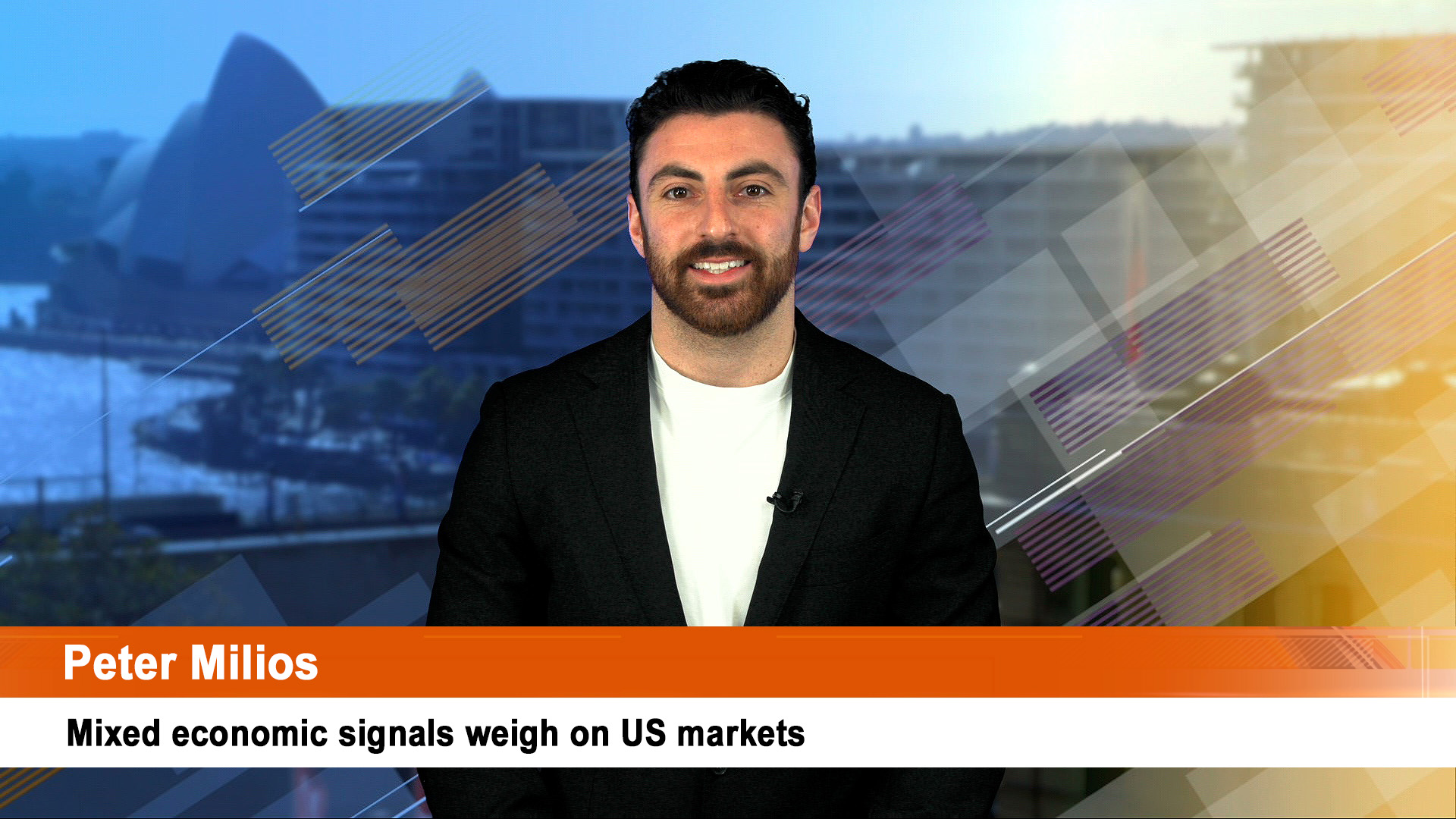Walt Disney shares might have recovered from their coronavirus slump and hit a succession of record highs last week, but that hasn’t stopped the company looking like a bunch of dills for making the Murdoch family richer than they should be, for no reason other than corporate ego and ambition.
After the $US71 billion purchase of assets from the Murdoch family’s Fox empire in early 2019, Disney has thrown a major switch in strategy and headed towards a streaming dominated future that has little need for all those old Fox assets.
A year ago Disney revealed tentative plans to go into the streaming video battle with Netflix and a host of other players (HBO, CBS, NBC, Stan in Australia and more than 300 other companies around the world). COVID and the closing of its theme parks, cruise lines, hotels, the shutting of movie theatres, plunging merchandising sales and higher costs saw the company borrow more than $US22 billion this year, sack or layoff tens of thousands of employees, but survive as the first wave ended and the global economy started recovering.
In October Disney announced a huge re-organisation, adding to an already long list of executive sackings (most from the Fox takeover), other job losses and a change of emphasis from being an entertainment conglomerate, to being a streamer with a collection of other assets.
In that revamp Disney downplayed the assets it bought from Fox (the Murdochs) and its own long time earners in theme parks and merchandising and sport and made it clear all content would now be directed to its various streaming offerings – Disney+, Hulu and ESPN, the sports cable business that is now also heading into streaming.
In the announcement (https://thewaltdisneycompany.com/the-walt-disney-company-announces-strategic-reorganization-of-its-media-and-entertainment-businesses/) day, the company revealed that in order to further accelerate its direct-to-consumer strategy, it would be centralising its media businesses into a single organisation that will be responsible for content distribution, ad sales and Disney+.
The company announced that its first investor day in 18 months would be held on December 10 to explain this change – last Thursday in a four hour presentation, the Mousers revealed ambitious plans for the production of dozens of new series, movies – including its usual blockbusters such as the Star Wars films – documentaries, sports projects – all of which will appear first on its streaming channels.
Disney said it wanted to have as many as 350 million global subscribers by the end of if 2024 financial year. Disney said last Thursday that it had passed 137 million subscribers on their direct-to-consumer services and has a goal of hitting 300 million – 350 million subscribers by 2024.
They’ll spend $US8 billion to $US9 billion a year on Disney+ content in order to get there, with a $US14 billion-$16 billion on direct to combined consumer spend for Disney Plus, Hulu and ESPN Plus in 2024.
In other words, Disney is taking on Netflix with its (2020) $US17 billion a year content spend and 195 million global subscribers. Apple (with hundreds of millions of subscribers for its various offerings services – streaming music as well as video, gaming and more; and Amazon with a reported 150 million plus subscribers for its Prime service (which includes streaming music and video).
Disney shares rose to successive new highs on Wednesday, Thursday and Friday and at the close of the week it was valued at more than $US280 billion – well ahead of Netflix with a value of nearly $US220 billion.
Disney will need to slim – for all the billions it is promising to spend on this move deeper into streaming video, it will be running up against a company in Netflix that is single-focused and doesn’t need to allocate capital, staff and executives to other businesses which will consumer time and money.
To match single Netflix’s focus, Disney will have to go on a diet sooner than later. Disney has a collection of other non-video assets which will be millstones financially while COVID is an issue – its ABC TV network, some of its cable TV channels bought from Fox; theme parks, hotels, ships, merchandising companies, its cinema distribution and all the values those assets retain in its balance sheet.
Poor revenues, lacklustre profits, staff cuts, weak investment will encourage the temptation to spin off these assets and remove the drag from the company’s streaming video future. Selling these assets in a post-COVID world will be a tough ask and spinning them off to existing shareholders would mean further enriching the Murdoch family.
And you’d have to ask if you could every imagine Disney selling DisneyWorld, especially in California and Florida.
And the irony is that apart from the back catalogue bought with the Fox film and TV production operations, the streaming video business in entertainment as well as sport, is being run and and done by Disney people with pre-Fox Disney assets.
The House of Mouse House spent $US71.3 billion in buying a collection of legacy media assets in 2017 – 2019 from the Murdoch clan’s then 21st Century Fox. The deal saw Disney buy Twentieth Century Fox, Fox Searchlight Pictures, Fox 2000 Pictures, Fox Family, and Fox Animation; Fox’s television creative units, Twentieth Century Fox Television, FX Productions, and Fox21; FX Networks; National Geographic Partners; Fox Networks Group International; Star India; and Fox’s interests in Hulu, Tata Sky, and Endemol Shine Group.
Given the new direction deeper into streaming with its own powerful assets, it’s clear Disney never needed to do that deal with the Murdoch-controlled Fox. It has all the content it needed (and the ideas) in its own businesses. The back catalogue from Fox’s various studios is a handy addition, but nothing as strong as Disney’s
The man who drove Disney to that mega deal was then chairman and CEO, Bob Iger, who remains in place at the top of the company as the all dominant chairman, and master of the streaming push.
Disney’s share price has risen in recent months as Netflix has fallen in the COVID-19 vaccine rotation out of megatechs (which are perceived to be big beneficiaries from lockdowns and the virus) and into value stocks like Disney, airlines, cruise companies and utilities.













